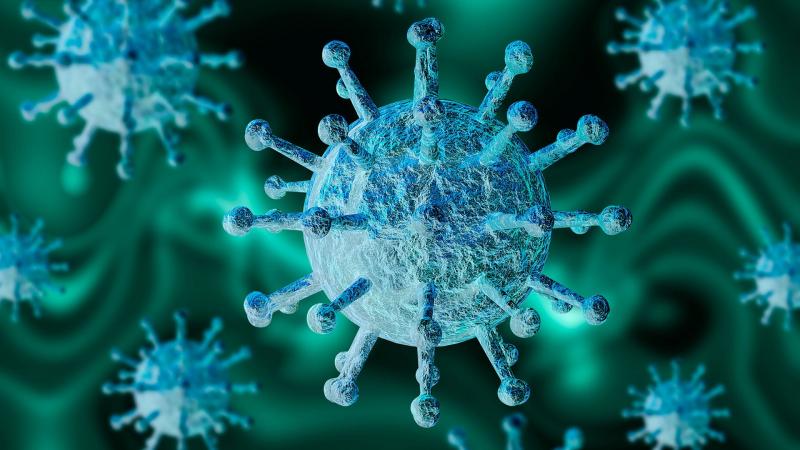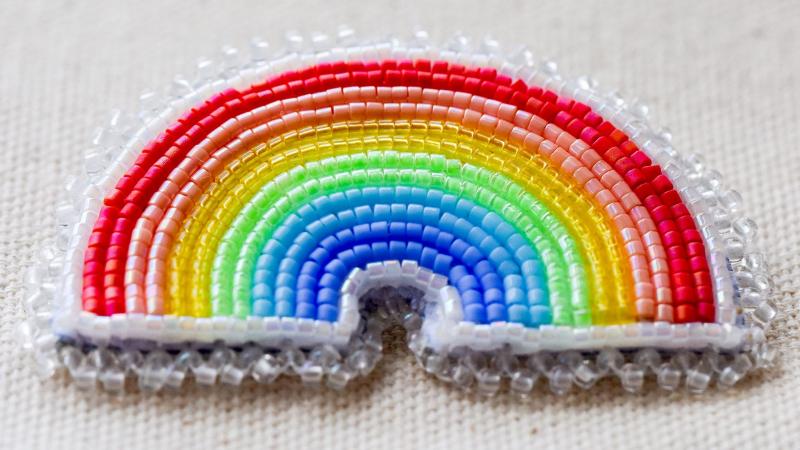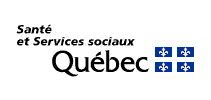Community events and services protocol during COVID-19
This checklist can be used for different kinds of events (indoor and outdoor, single day or multi-day), such as skidoo races, a general assemblies, canoe brigades or other land-based events, broomball tournaments, community feasts, etc. It's important to follow the community phase guidelines in any protocol.
Scroll to the bottom of the page for a downloadable PDF version of this checklist and questionnaire.
BEFORE THE EVENT
Who is coming?
- Decide if activities will take place indoors, outdoors, or both. If indoors, is the space well ventilated?
- Decide how many people can attend the event.
- Consider how much space is needed, and who will come.
- Will people be able to keep a distance from each other if they choose to?
- Will people come in family groups, or will multiple families mix together?
- Consider how much people may mingle at the event.
- Is there a need for “social bubbles”?
- Will Elders attend?
- Would someone who is immune-suppressed feel safe to participate?
People who are more vulnerable to illness don’t always disclose this, whether they’re old or young. They may seem outwardly healthy.
We have to consider people among us who may have health conditions that can’t be “seen”.
How will people get there?
- Check out how people plan to get to the event (carpool, personal vehicles, event-specific vehicles).
- If people have to travel by air to the event, check with Transport Canada and Air Creebec for updated measures in place.
Are screening tests needed?
- Determine is asymptomatic screening is needed.
- Depending on the length of the event and the level of mingling expected, asymptomatic screening tests before and/or after the event may be recommended.
- For example, at a retreat where people are coming together from different communities, and share lodgings and meals, it may be recommended that participants take a rapid test 48-72 hours before the event starts, or after it ends and they go home.
Determine whether asymptomatic screening by rapid testing can be available at the event.
Reduce the chances that a sick person attends your event
- Consider how you can inform people to not come to the event if they feel sick, or had recent contact with someone who had COVID-19.
- Could this advice be included in your event announcement, posters, invitations, and at the entrance?
- For multi-day events (journeys, tournaments, etc.), it’s recommended that participants fill out a brief pre-departure questionnaire before the event.
Fill the Group Activities Pre-triage Questionnaire (available to download at the bottom of this page).
Anyone who answers YES to any questions in the questionnaire or health check should not participate in the event for the sake of all participants’ and community safety.
- Anyone with active symptoms should take a rapid test, and follow recommendations if they test positive.
Determine the protocol if someone has symptoms while at the event
Consider the following:
- How will they be isolated from others at the event site?
- Is there a way to test those people on site?
- If the event is planned over several days, and is outside the community, will they be able to receive medical care at the site if needed?
- What is the plan for transportation back to the community?
BEFORE THE EVENT
- Ensure the event space has a handwashing station and that people are encouraged to use it.
- A space should be provided at the entrance of the gathering/assembly site for people to wash their hands with warm water and soap, or apply an alcohol-based hand solution/sanitizer.
- Someone should be assigned to maintain the handwashing station and reload products on a regular basis.
- Have a plan to encourage physical distancing (2 metres/6 feet) at the event (consider online registration instead of a registration table).
- Ensure that there is good quality air ventilation in any indoor spaces used for the event (for example, open windows when and where it’s possible).
- Promote healthy respiratory practices for everyone attending.
- Encourage people to cough into a bent elbow or a tissue (discard tissue immediately), and wash their hands after.
If the event is indoors, ensure that everyone properly wears a procedure mask (that covers the nose and mouth snugly).
- Will organizers provide masks for employees or volunteers?
- How will masking requirements be respected at the event?
Make frequent announcements to remind people to respect precautionary measures (hand hygiene, healthy respiratory practices, physical distancing, wearing a mask properly).
Keep a daily registry (names, addresses and phone numbers) of everyone present, including staff.
For food areas
- Consider how activities may be modified to avoid sharing tools/food/etc.
- Avoid buffets if possible. If buffets are used, limit the gathering of people by calling small groups at a time to get their food.
- Require frequent handwashing, good food hygiene and safety practices.
- Wash your hands:
- Before and after handling food.
- After using the bathroom, smoking, coughing or sneezing.
- After touching a soiled surface and/or money.
Dishes and utensils should be washed with water and regular dish soap or in a dishwasher.
For more information, visit the MAPAQ FAQ pages
AFTER THE EVENT
- Organizers should keep record of the participants’ registry for 28 days after the event.
- If a participant tests positive for COVID-19 after the event, other attendees should be informed that someone at the event has been infected (anonymously) so they can get tested and avoid contact with others until enough time has passed to know whether they are also infected.
Explore more

The COVID-19 virus is still circulating. Follow precautions to keep the circle of protection strong around our communities.

COVID-19 tests help detect infections for people to take action and reduce transmission.


